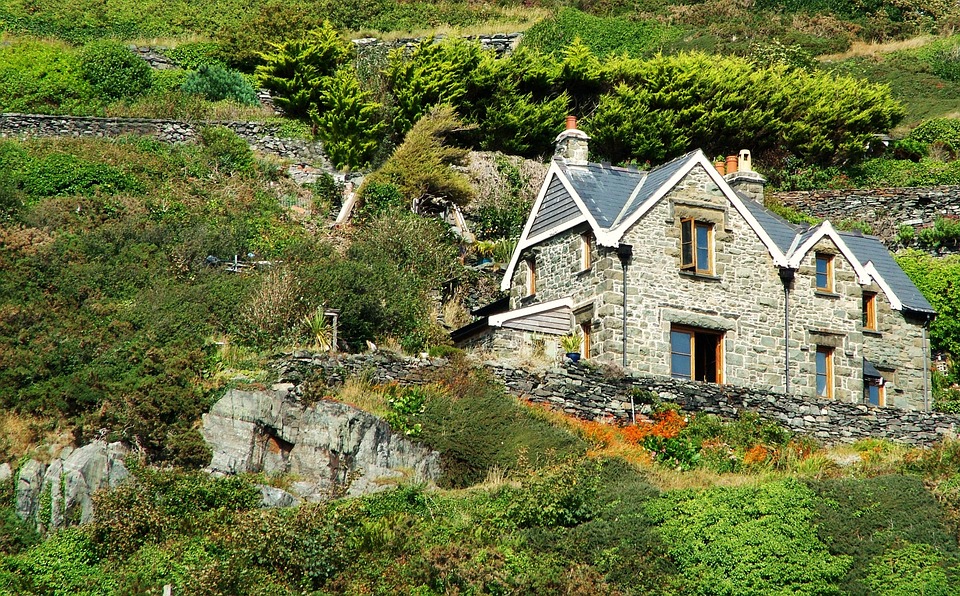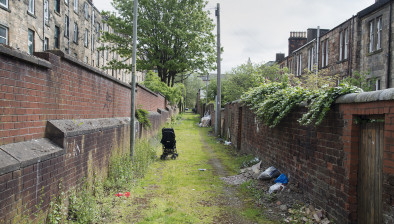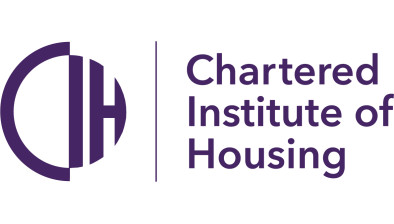Wales: Council tackles homelessness with 150% council tax premium on second homes

Second home owners in north Wales will have to pay a 150% council tax premium to tackle a spiralling homelessness crisis.
Councillors in Gwynedd agreed to raise the premium from its current 100% level – which already acts to double what permanent residents pay – and use the extra £3 million it believes it will raise to provide more accommodation for people struggling to find a home. A motion to keep the current premium at 100% on long-term vacant houses was also agreed.
The area has recorded a 47% increase in homelessness numbers over the last two years.
In order to help elected members decide whether they want the premium to increase or not, a public consultation was held over 28 days during the months of September and October this year.
Councillor Ioan Thomas, Cyngor Gwynedd’s cabinet member for finance, said: “Of all the consultations the council has carried out over recent years, this exercise has triggered the largest number of responses with more than 7,300 people taking part. I am grateful to all of them for taking advantage of this opportunity to voice their opinion.
“We have emphasised from the beginning that this exercise was not a referendum, but an opportunity to understand the opinions and experiences of a range of people. We have now had an opportunity to reflect on the results of the survey and I (asked) the cabinet to recommend that the full council increase the premium from 100% to 150% for second homes and keep the premium at 100% on empty houses.”
To date, the discussion regarding the council tax premium has largely focused on the impact that second homes have on the local housing market, leading to an increase in prices beyond what many Gwynedd residents can afford.
It is now clear that the housing crisis here in Gwynedd is also putting pressure on the homelessness situation across the county. The lack of opportunities for people who live in rented houses to be able to buy their first home here in Gwynedd is intensifying the pressure on the rental sector – in the private market and for social housing alike.
As a result, there is a lack of rental housing available for the council to be able to provide accommodation for local homeless people. The council must therefore accommodate them in hotels and temporary accommodation for very long periods, at an unsustainable cost.
Councillor Thomas explained that he was of the opinion that the council should build on the good work of using any money from the premium to secure homes for local people.
“Money collected through the premium so far has been earmarked specifically for the Gwynedd Council Housing Action Plan,” he said.
“Within this innovative scheme, the council has been able to go ahead with two Tŷ Gwynedd schemes which will provide affordable and suitable homes for up to 86 people within their communities in Bangor and Llŷn. We have also expanded the Welsh Government’s equity sharing scheme, which means that the offer is within reach of more people in Gwynedd.”









